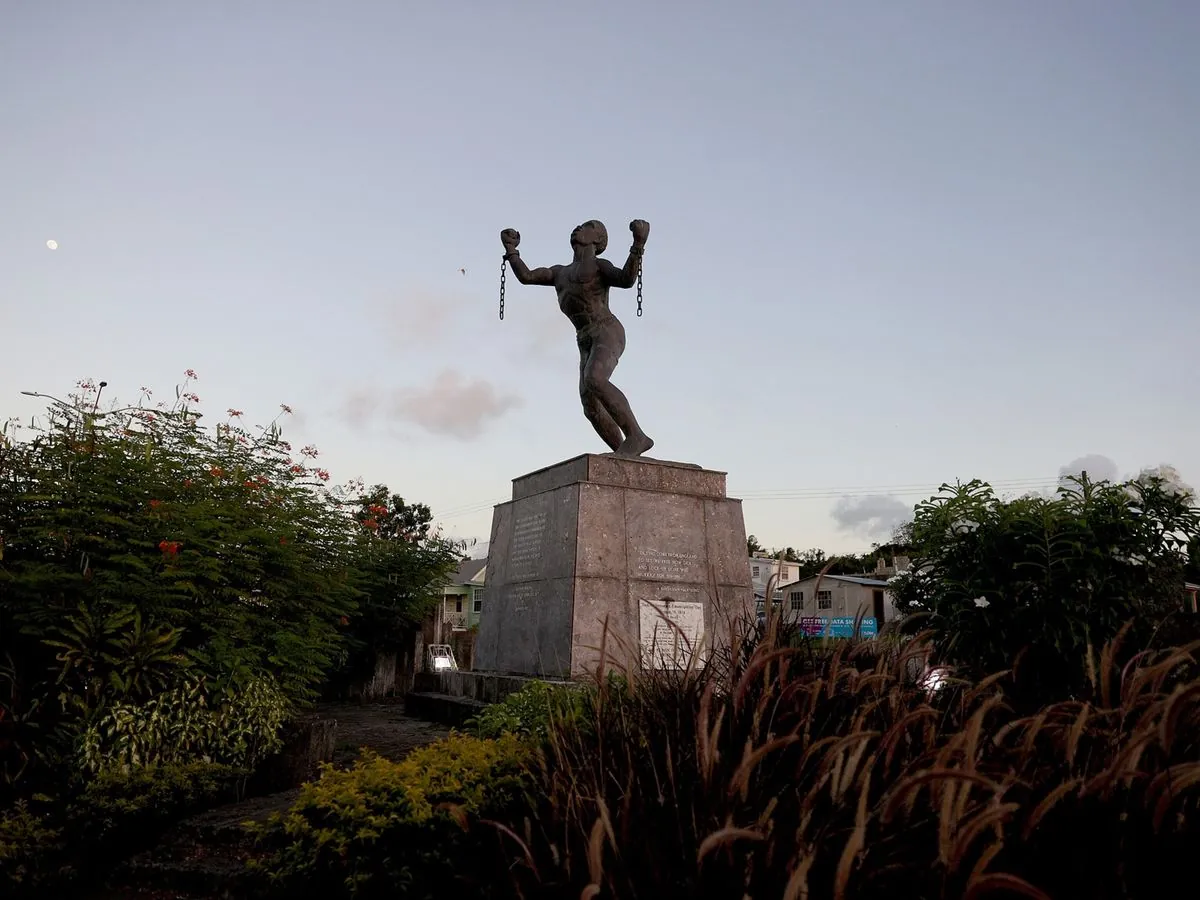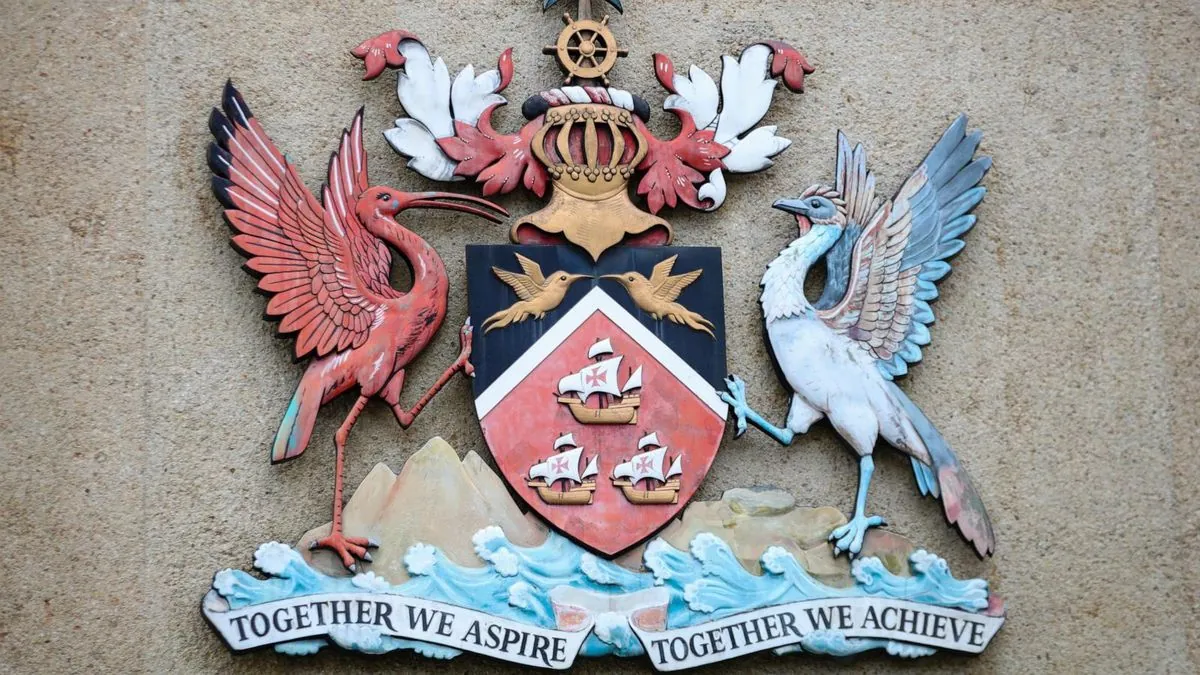Trinidad and Tobago Debates Removal of Colonial Symbols Amid Reparations Calls
Trinidad and Tobago grapples with its colonial past as public debates the removal of statues and monuments. Recent coat of arms change sparks wider discussion on national identity and representation.

In a significant move reflecting global trends, Trinidad and Tobago is currently engaged in a heated debate over the fate of its colonial-era symbols. This discussion comes as part of a broader movement across the Caribbean to address historical injustices and demand reparations for slavery.
On August 21, 2024, a public hearing in San Juan, Puerto Rico, brought together citizens of diverse backgrounds to voice their opinions on the removal of statues, signs, and monuments with colonial ties. The debate, characterized by a mix of applause, snickers, and passionate outbursts, highlighted the complex emotions surrounding this issue.
The majority of speakers supported the removal of colonial symbols, with suggestions ranging from relocating statues to museums to their complete destruction. One participant proposed creating a "square of the infamous" to house these controversial figures.

Zakiya Uzoma-Wadada, executive chair of the islands' Emancipation Support Committee, emphasized the importance of this debate, stating:
"It's an issue about how after 62 years of independence ... we continue to live in a space that reflects the ideals and the vision and the views of those who were our colonial masters."
This public consultation follows the government's recent decision to redesign the nation's coat of arms, replacing Christopher Columbus' ships with the steelpan, Trinidad and Tobago's national instrument. This change symbolizes a shift towards celebrating local culture and heritage.
The debate also touched on the country's diverse history. Trinidad and Tobago, independent since August 31, 1962, was colonized by Spain for nearly 300 years before being ceded to Britain, which ruled for over 160 years. This colonial legacy is evident in the country's infrastructure, with a prominent statue of Christopher Columbus dominating a square in Port-of-Spain, the capital city.
While most participants supported change, some, like tour guide Teresa Hope, expressed a different view:
"They survived, and I survived, and we will keep on moving."
The discussion also highlighted the need to honor local heroes. Rubadiri Victor, president of the Artists' Coalition, suggested erecting statues to celebrate Trinidad and Tobago's numerous accomplished individuals, including Nobel Prize-winning author V.S. Naipaul, historian Cyril Lionel Robert James, and civil rights activist Kwame Ture.
As the debate continues, with nearly 200 submissions received so far, it's clear that Trinidad and Tobago is at a crossroads in defining its national identity. This conversation reflects broader discussions happening across the Caribbean and globally about how nations should reconcile with their colonial past while forging a new, inclusive future.


































